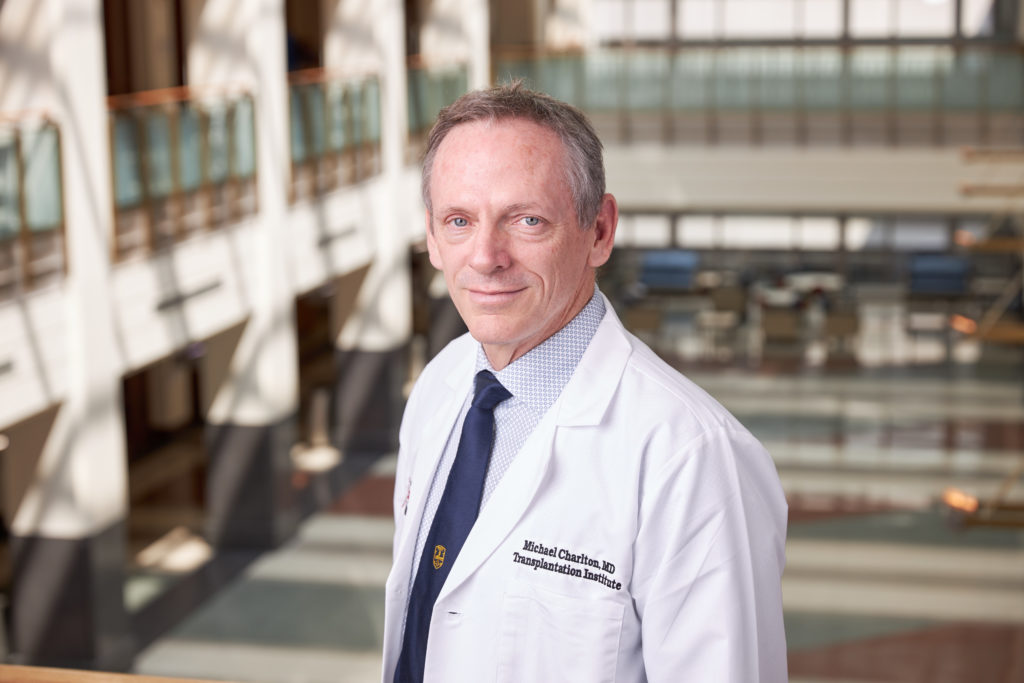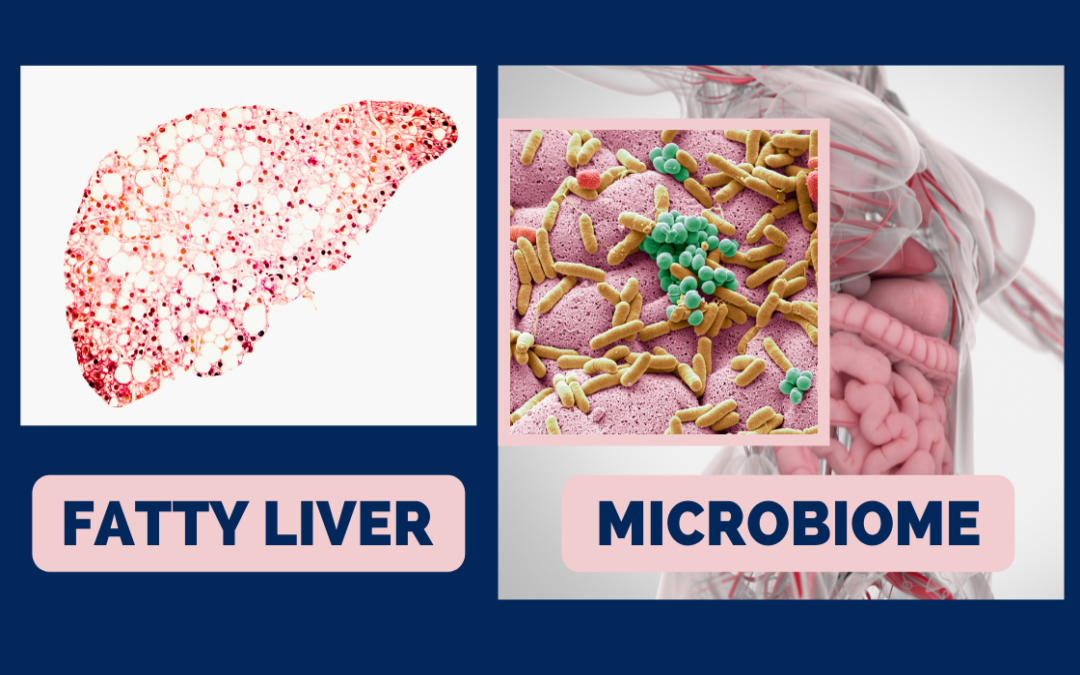Scientific research is often referred to in science news as basic, translational, or clinical research. Each category of research plays a part in their mission to treat, educate, and cure digestive diseases. But the categories themselves may not be well understood by non-experts, let alone the processes that go into the development of research projects, the complexity of scientific inquiry, and the enormous amount of resources required to carry out research.
Each type of research contributes in different ways to the understanding of digestive diseases like Crohn’s disease, ulcerative colitis, esophageal disease, Celiac disease, fatty liver disease, pancreatitis, and cancer; and to the development of new treatments of these diseases.
Scientists conduct basic research in the laboratory ‘at the bench’ to discover fundamental insights into the biology of the digestive diseases treated by clinicians. Examples include the study of cell biology, chemical processes, or metabolic function. At UChicago Medicine Digestive Diseases Center, some of the most important basic research focuses on the inner workings of the microbiome.

Michael Charton, MBBS, Professor of Medicine, Director of the Center for Liver Diseases, and Co-Director of the Transplant Institute, at the University of Chicago Digestive Diseases Center. Photo by Andrew Collings
Michael Charlton, MBBS, Professor of Medicine and Co-Director of the Transplant Institute, provides more insight: “Perhaps our greatest strength in basic science research is with the microbiome [e.g., the bacteria that live in the gut]. We helped develop an animal model for liver disease that become one of the most widely utilized in the world, as it recreates lipid diseases in mice. That enables us, in the lab, to study causes of the liver disease and also ways to prevent and reverse it. In particular, Dr. Eugene Chang’s work with the Duchossois Family Institute [at the University of Chicago Medicine], discovered that mice that don’t have any microbes, animals that have been bred to be germ-free, and live in germ-free facilities, are totally resistant to fatty liver disease. So, we know that something about the microbiome facilitates or is a prerequisite for this liver disease, that affects one in four Americans and one in four people with inflammatory bowel disease.”
The next category, translational research, quite literally helps translate basic research across domains and into clinical applications. Dr. Charlton explains, “We’re trying to figure out why do some people get diseases and others don’t, and can we diagnose and screen for these conditions before they’re at stages that are not amenable to cure?”
The University of Chicago Medicine has one of only a few National Institutes of Health (NIH) Magnetic Resonance Research Centers. Digestive diseases scientists use these facilities to conduct noninvasive, state-of-the-art cutting-edge tests to measure liver stiffness and fat (magnetic resonance elastography), and to examine the health of bile ducts (magnetic resonance cholangiopancreatography). They also perform what Charlton refers to as “liquid biopsies,” or blood test panels, that also stratify according to risk. “These are ongoing imaging studies which can help identify people with disease, or at risk for disease, even when they’re totally asymptomatic,” explains Dr. Charlton.
The final category is clinical research, which includes clinical trials. In clinical trials research, qualifying patients participate in studies to evaluate promising therapeutic agents. In some cases, these studies focus on new treatments under development, and not yet available to other patients. Through their participation, clinical trials patients can have a lasting impact on the treatment paradigms for these diseases for years to come.
Clinical research is often what most people think of when they hear ‘medical research,’ and as Dr. Charlton explains, “we develop clinical trials with promising therapeutic agents to prevent and to reverse liver diseases, including fatty liver diseases and primary sclerosing cholangitis (PSC), and also for treatment of two serious liver cancers, cholangiocarcinoma and hepatocellular carcinoma. I think we have some of the best programs in the world for that.”
Patients interested in clinical trials at the University of Chicago Digestive Diseases Center can contact the dedicated clinical trials office, run by nurse manager Kristi Kearney by calling 773-834-7414, or visiting the University’s clinical trials website.

